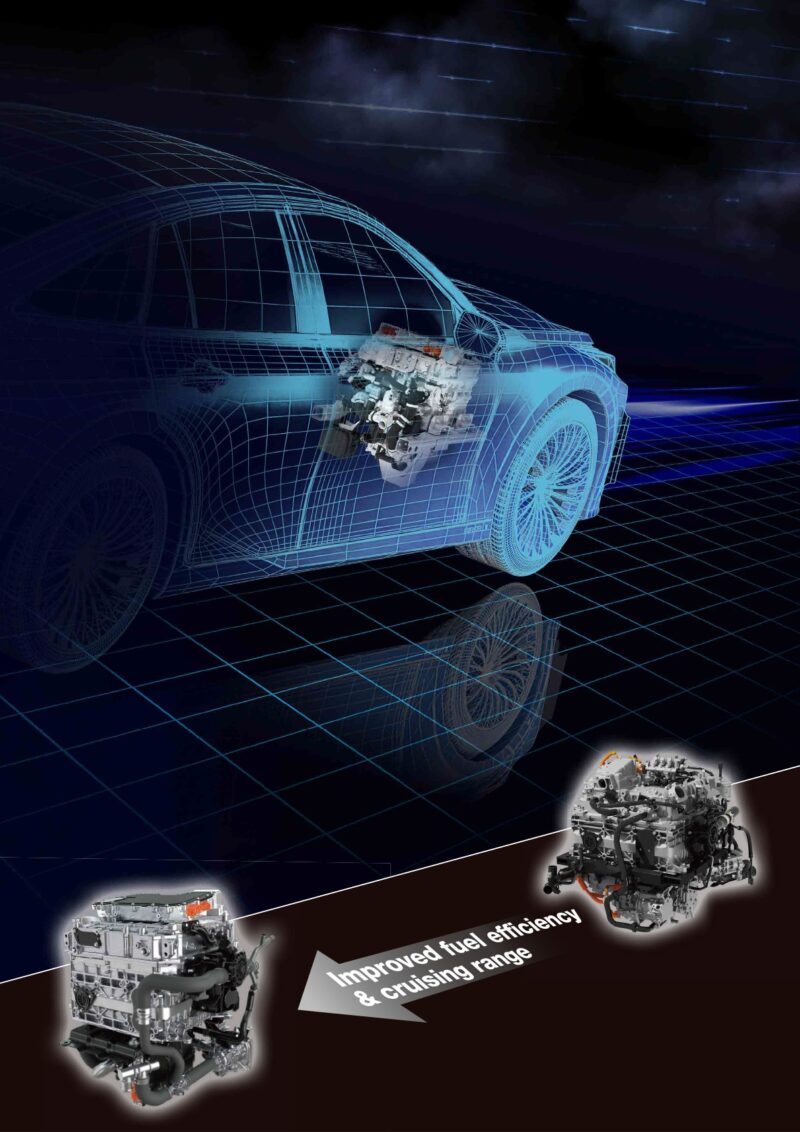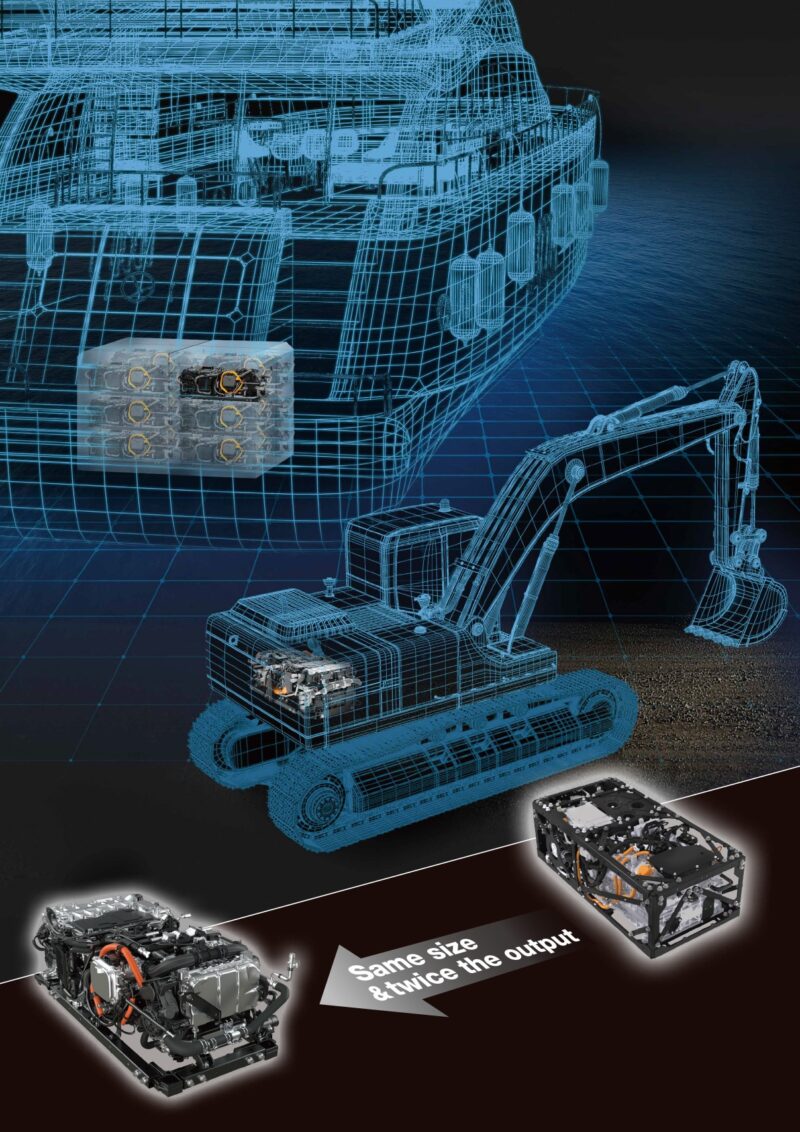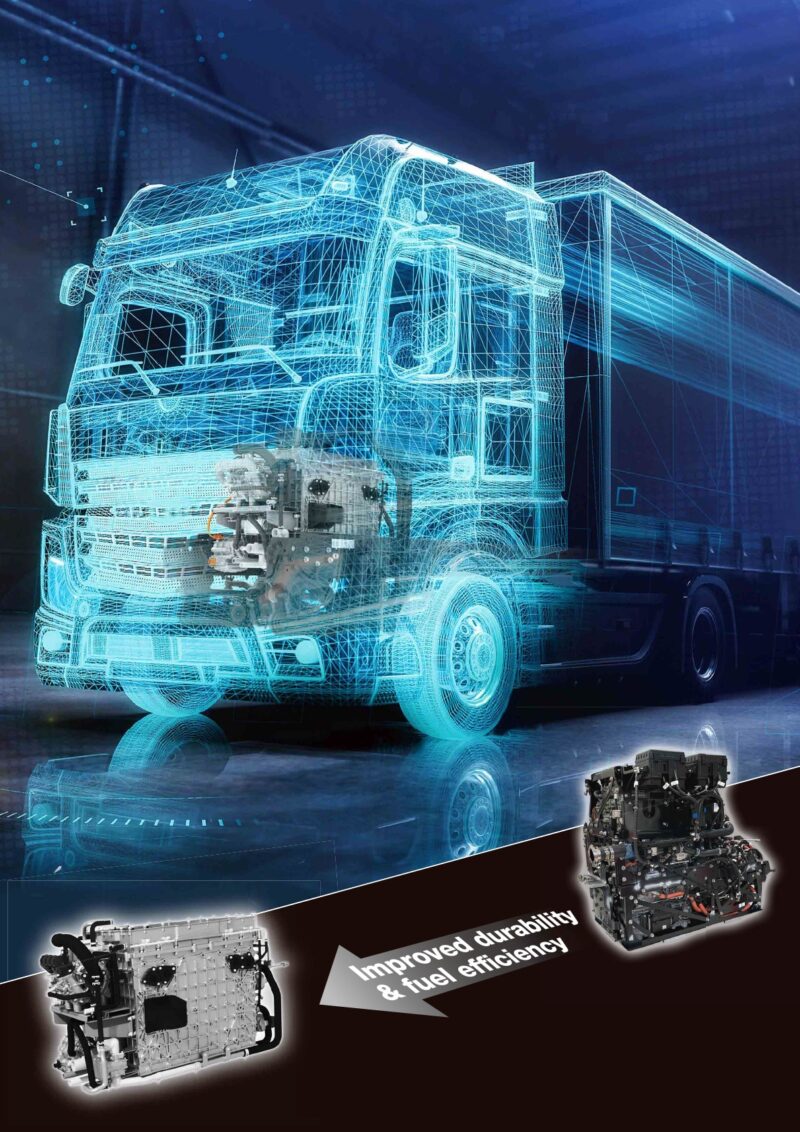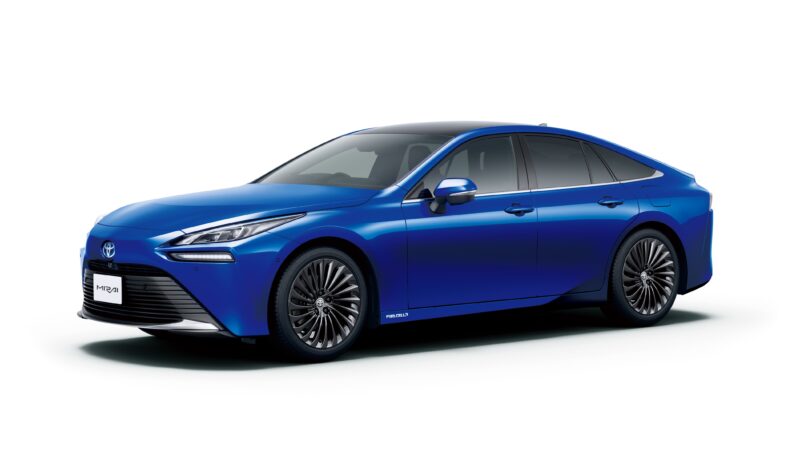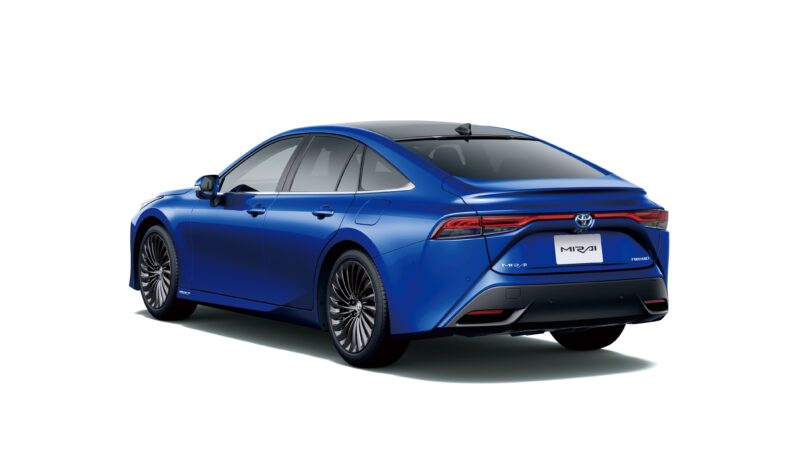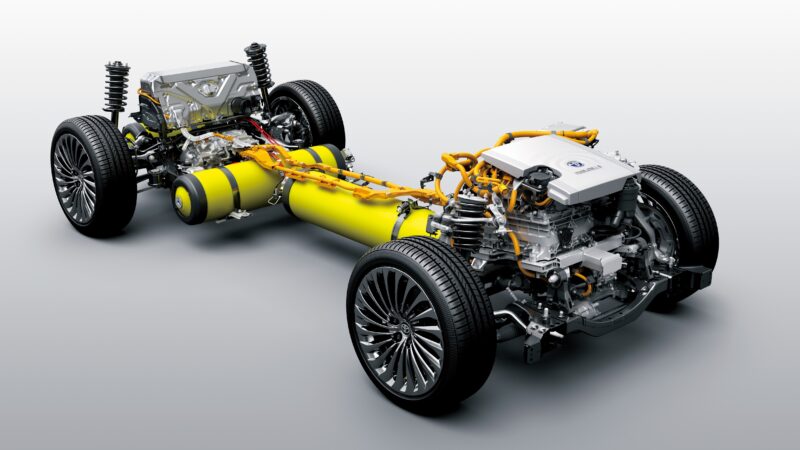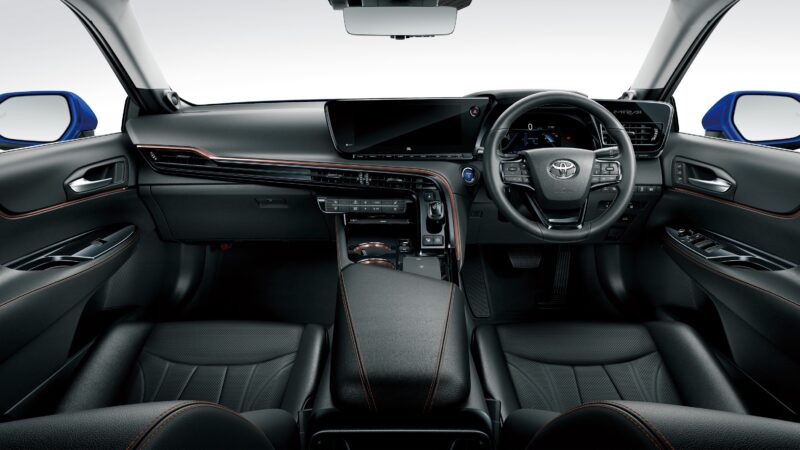Toyota’s 3rd gen hydrogen fuel cell system promises more range
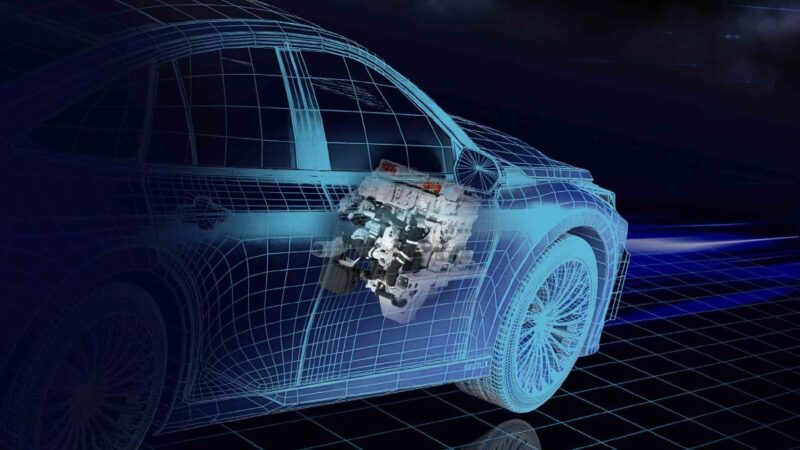
To this date, the use of electric vehicles with hydrogen fuel cell systems (FCEVs) is still not as widespread compared to electric vehicles (EVs).
Take, for instance, the Toyota Mirai, a hydrogen-powered sedan that has been available since 2014, with over 28,000 units sold in more than 30 countries.
This is a relatively small figure.
 However, in addition to the passenger car market, Toyota has also been supplying this fuel cell system for other uses, such as buses, trains, and stationary power generation systems since 2019.
However, in addition to the passenger car market, Toyota has also been supplying this fuel cell system for other uses, such as buses, trains, and stationary power generation systems since 2019.
Looking ahead, Toyota still believes that this hydrogen system can serve as a better alternative to internal combustion engine (ICE) vehicles and EVs.
The third-generation fuel cell system was officially introduced recently, promising a more compact unit and a driving range that is 20 percent longer (up to 772 kilometers).
Furthermore, Toyota claims that this third-generation system can achieve durability comparable to that of diesel engines while offering maintenance-free design benefits.
Through innovations in cell design and manufacturing processes, this system is also cheaper to produce, contributing to a more affordable sales price.
The third-generation fuel cell system will not only be used for the passenger vehicle segment but is also expected to be expanded to the heavy-duty commercial vehicle segment for markets in Japan, Europe, North America, and China by 2026.
Second-generation Toyota Mirai
Someone who loves driving manual cars but prefers riding an automatic scooter. Maybe it's an age thing.




